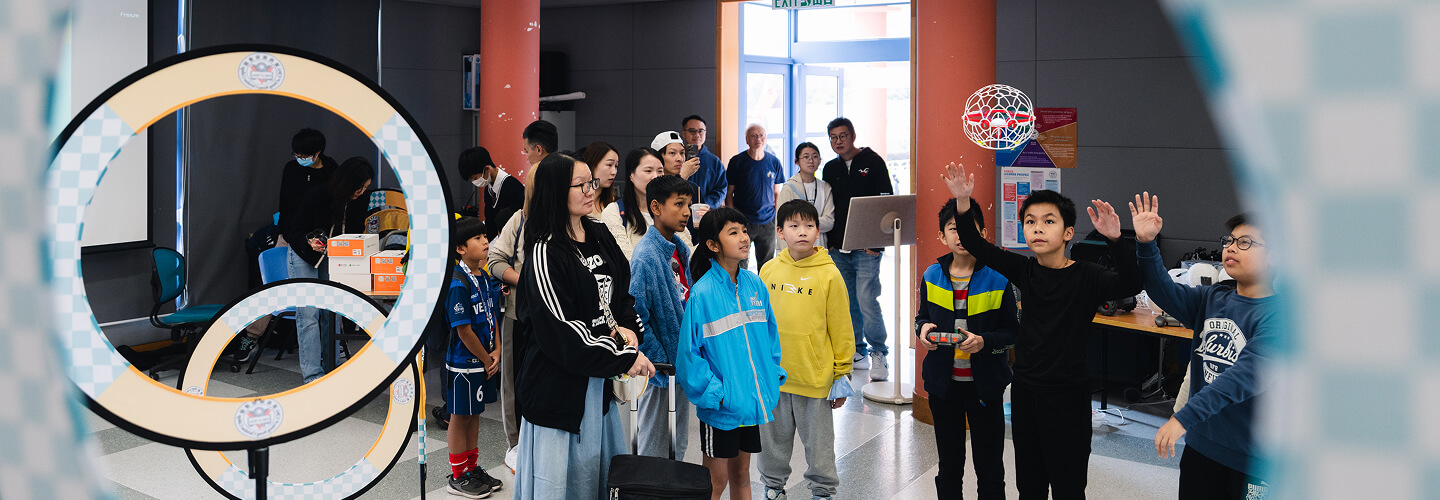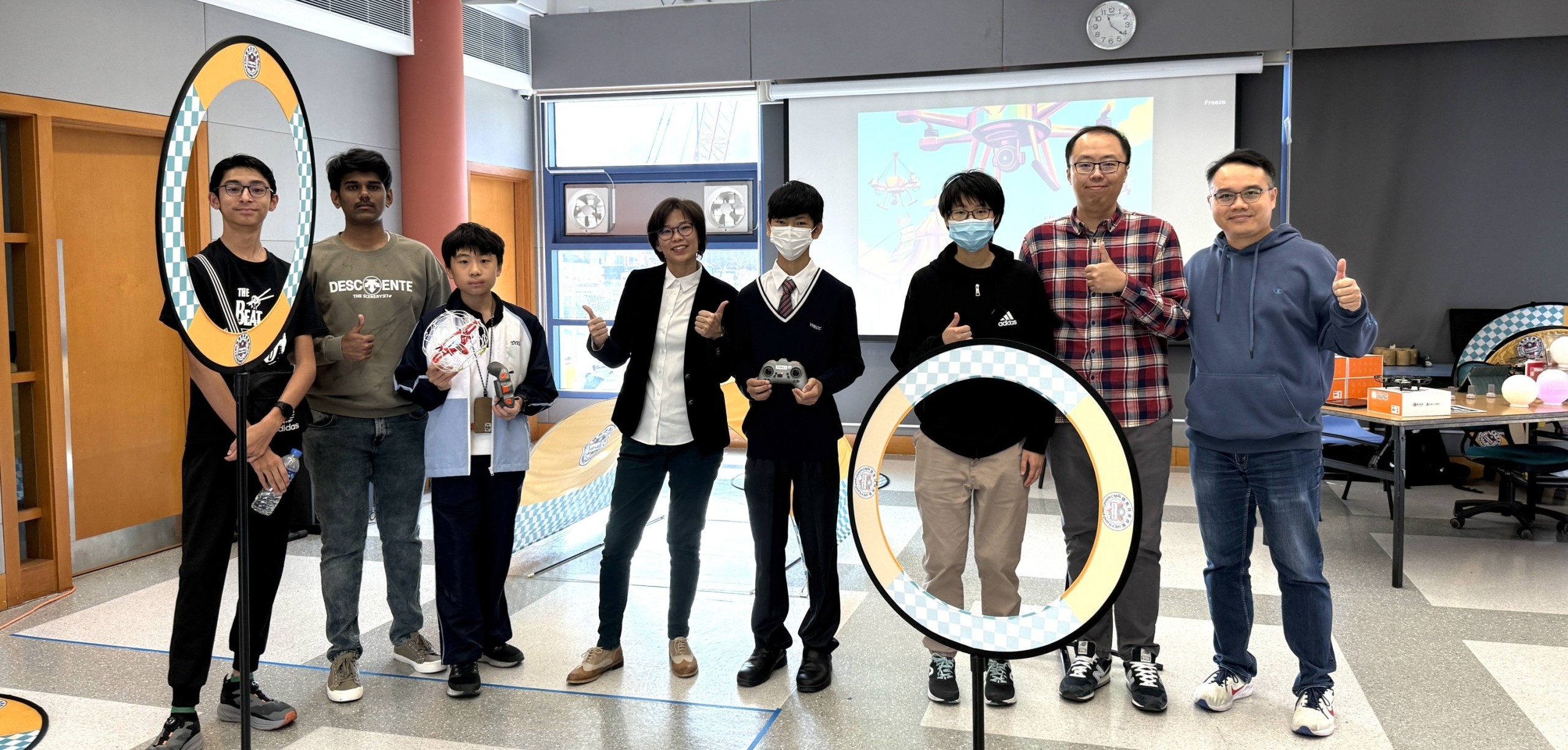Our school-based junior secondary STEAM curriculum integrates inquiry-based learning and project-based learning to ignite curiosity and equip students with 21st-century skills. Centered on emerging technologies including drones, mobile app design, artificial intelligence (AI) and smart farming, the programme challenges students to tackle real-world problems aligned with the UN Sustainable Development Goals (SDGs). Students explore topics such as Good Health and Well-being (SDG3), Quality Education (SDG4), and Sustainable Cities and Communities (SDG11) through hands-on projects, including creating AI models or designing apps to address community needs. By merging technology with sustainability, the curriculum aims to nurture adaptable, ethical, innovative leaders prepared to positively impact a rapidly evolving world.
We emphasize self-directed learning, empowering students to set goals, research solutions and reflecting on outcomes. Collaborative teamwork and creative problem-solving foster critical thinking, while exposure to cutting-edge tools bridges classroom learning with global challenges. Through group project presentations, students deepen their understanding of the role of STEAM in interdisciplinary education.
High-achieving STEAM students receive advanced after-school training, preparing them to excel in inter-school competitions as STEAM Elites while fostering innovation and critical thinking for future STEAM studies and careers. The school recruits dedicated students as STEAM Ambassadors to lead in-school workshops and organize STEAM Zone activities on the International Fun Fair Day. They also participate in Inter-school STEAM Fairs including Inno Gala and other projects. This approach enhances students’ academic achievement while impacting the local community through voluntary service.






